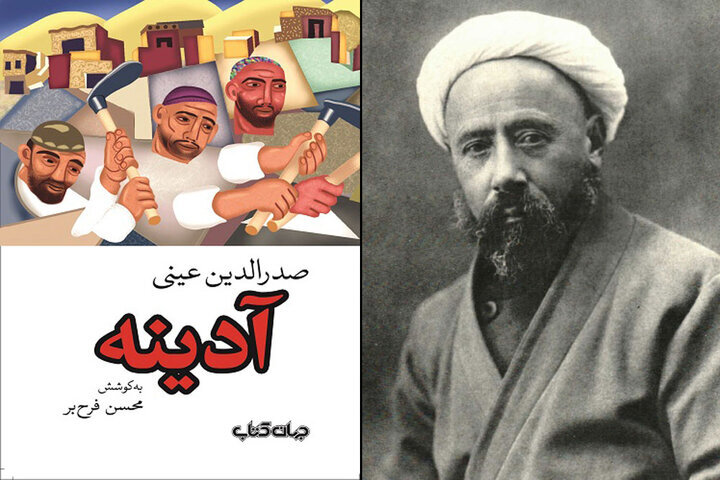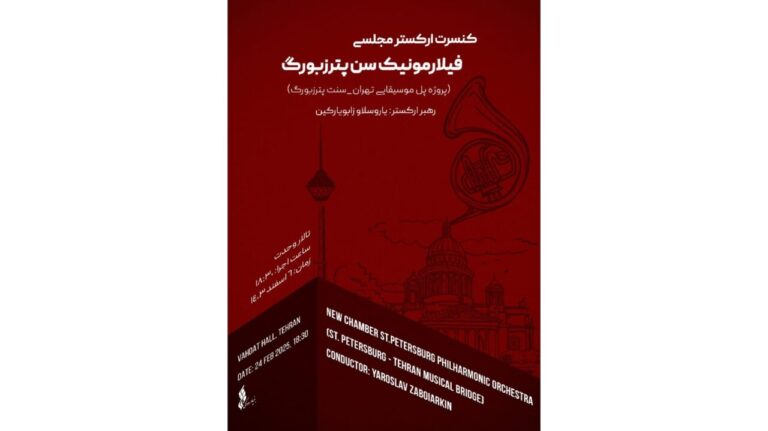Discover Sadriddin Aini’s ‘Odina’: A Groundbreaking Persian Literary Masterpiece
In a significant literary development, the Persian translation of “Odina,” a novel by the renowned Tajik author Sadriddin Aini, has recently hit the shelves of Iranian bookstores. This pivotal work, translated by Mohsen Farahbar and published by Jahan Ketab Publication, spans 296 pages and marks an important milestone in the appreciation of Tajik literature within Iran.
“Odina” is widely regarded as the inception of modern Tajik literature, encapsulating the struggles and aspirations of its protagonist, Odina. Hailing from a humble peasant background, Odina’s life is one of relentless exploitation. However, his encounter with socialist ideologies represents a flicker of hope amidst the darkness of oppression, a light that sadly remains just out of reach for him. The narrative intricately portrays Odina as a lonely and desperate young man who faces the harsh realities of betrayal, tyranny, and injustice.
At the time of writing “Odina,” Sadriddin Aini was already gaining prominence within the Soviet social order, having supported the establishment of the Bukharan People’s Soviet Republic, even while residing in Samarqand. His work, completed between 1924 and 1926, is among his early literary endeavors, marking the beginning of his evolution towards Socialist realism. This transition is particularly compelling for those analyzing how political climates influenced literature in early Soviet Central Asia.
Throughout its publication history, “Odina” underwent numerous modifications, both by Aini himself and various editors. As a result, the length of the story expanded with each edition, incorporating detailed descriptions and further exploring Odina’s social development. This book stands as Aini’s first published work, showcasing the remnants of sentimentalism and romanticism from his pre-Revolutionary literary influences.
Sadriddin Aini: A Literary Luminary
Sadriddin Aini (1878-1954) is celebrated as a prominent Tajik intellectual, contributing significantly to poetry, fiction, journalism, history, and lexicography. He is often hailed as Tajikistan’s national poet and is recognized as one of the most influential writers in the country’s literary heritage. His extensive contributions include:
- Participation in the first Soviet Congress of Writers in 1934 as the Tajik representative.
- Skillful navigation of Soviet censorship by emphasizing national identity in his works.
- A 20-year tenure as a member of the Supreme Soviet of Tajikistan.
- Receiving the prestigious Order of Lenin three times.
- Becoming the first president of the Academy of Sciences of Tajik SSR.
Post-1992, Aini’s literary output played a crucial role in fostering a sense of Tajik nationalism that persisted through the tumultuous period following the collapse of the Soviet Union. His early poetry often celebrated themes of love and nature. However, as national consciousness flourished in Tajikistan, Aini shifted his focus towards the emergence of a new social era and the working class, frequently critiquing the Amir of Bukhara in his work.
The Significance of “Odina”
The release of “Odina” in Persian translation not only enriches the Iranian literary landscape but also serves as a bridge connecting cultures through shared narratives of struggle and resilience. The story’s exploration of socialism and its impact on individual lives resonates with contemporary readers, making it a relevant addition to discussions surrounding literature and politics. Aini’s deft portrayal of Odina’s plight invites readers to reflect on issues of oppression, identity, and social justice.
As “Odina” finds its place in Iranian bookstores, it is poised to introduce a new audience to the rich tapestry of Tajik literature. The translation by Mohsen Farahbar ensures that the essence of Aini’s storytelling is preserved, allowing readers to engage with the historical and cultural nuances embedded within the text. This release is a testament to the enduring power of literature to transcend borders and foster understanding among diverse peoples.
In conclusion, the Persian translation of “Odina” not only highlights the significance of Sadriddin Aini’s contributions to Tajik literature but also underscores the importance of cultural exchange in our increasingly interconnected world. As readers delve into the complexities of Odina’s journey, they are invited to ponder the broader implications of social change and the enduring spirit of hope in the face of adversity.






